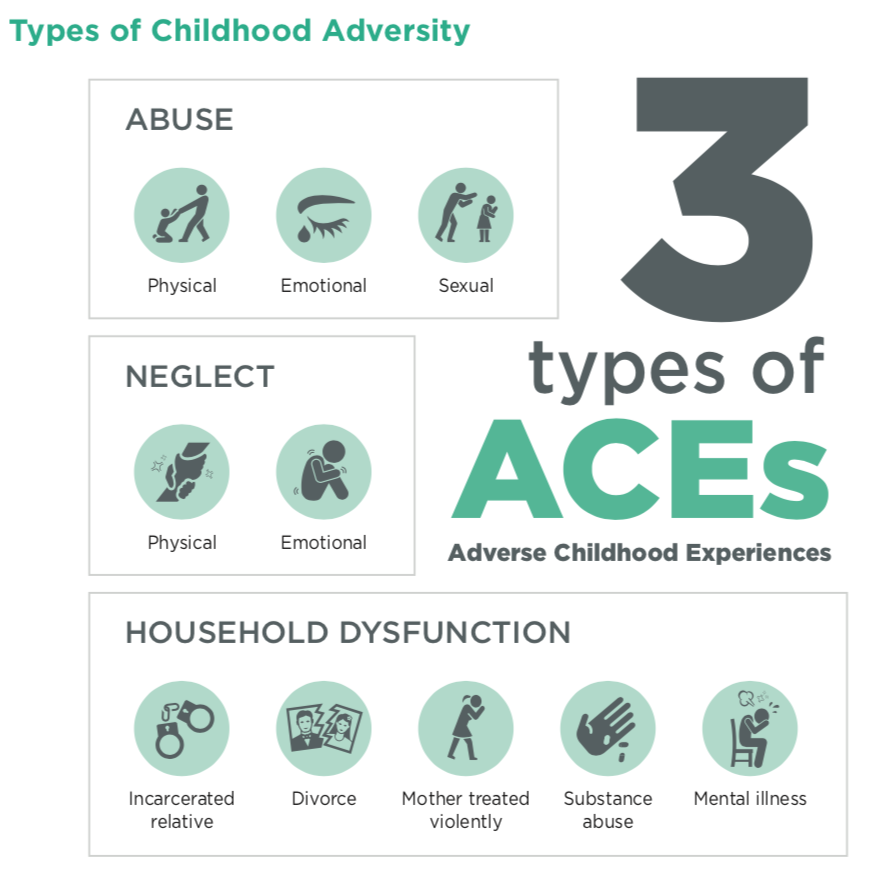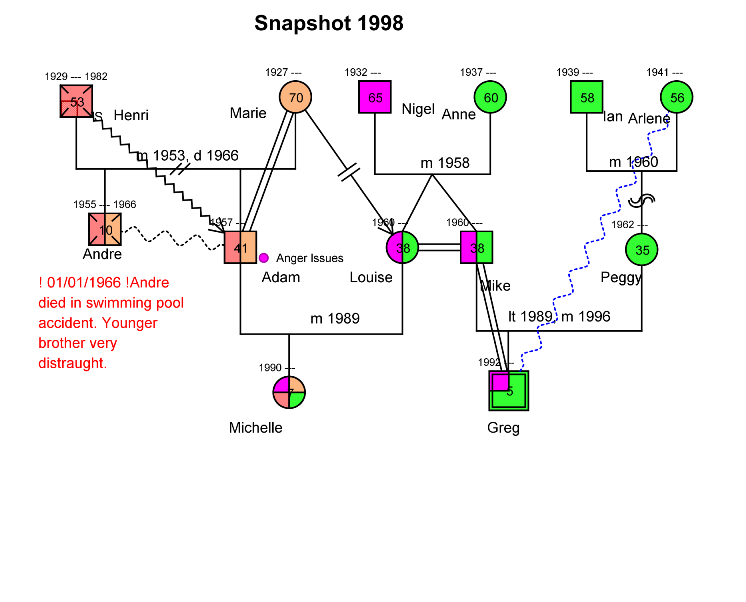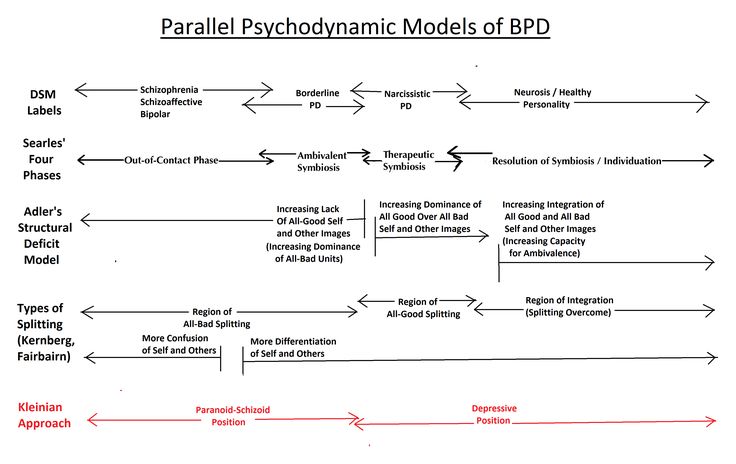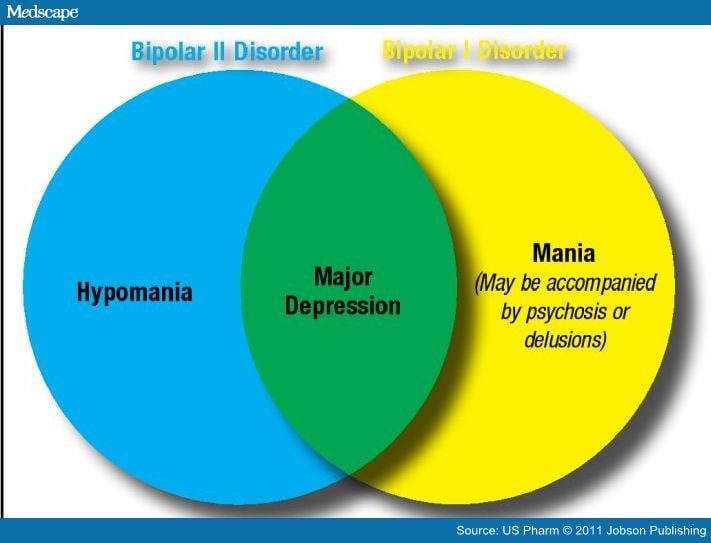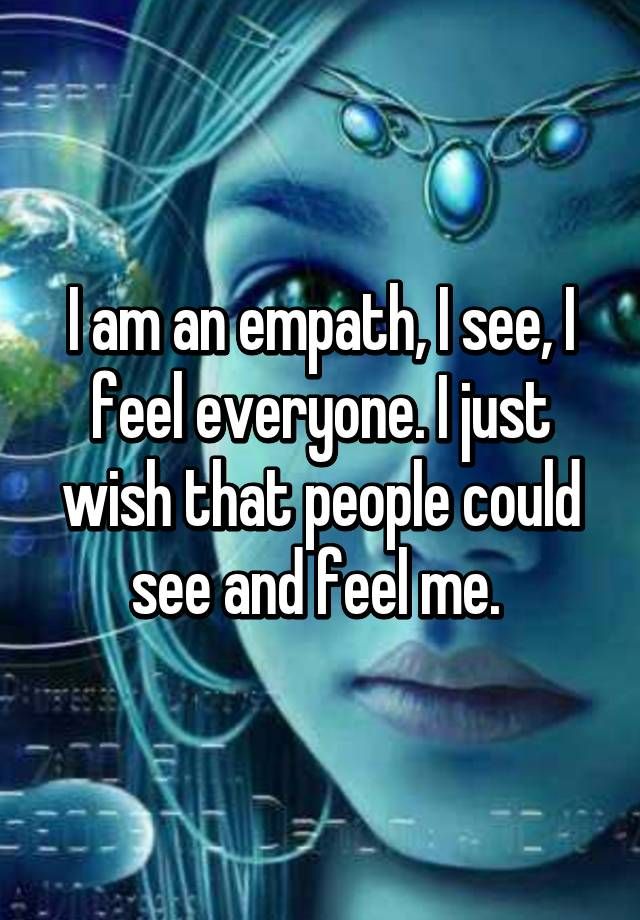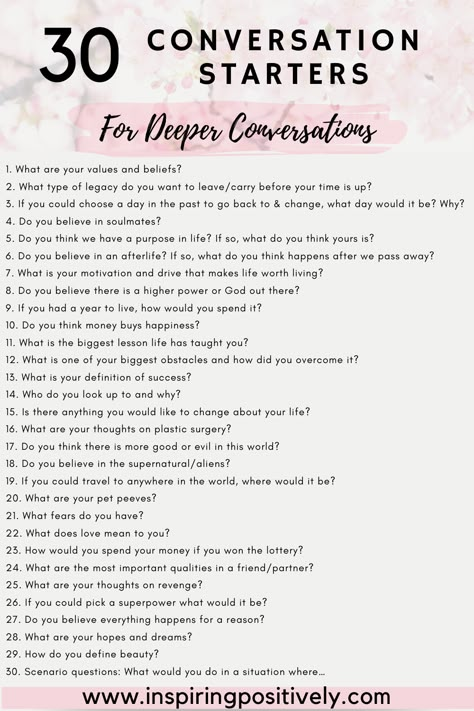Emotional neglect divorce
Divorcing An Emotionally Neglectful Spouse
When you take your wedding vows in Texas, you expect to live a long, happy life with your new spouse. However, that isn’t always the case. If your spouse is emotionally neglectful, you’ll find yourself headed for divorce.
What is emotional neglect?
While it’s natural for all marriages to have ups and downs, you don’t expect to be neglected by your spouse. Emotional neglect occurs when one spouse fails to provide the other with love, support and companionship. An emotionally neglectful person goes about their life with a detachment from their spouse. This results in the neglected party feeling as though they have been abandoned, unsupported and unloved. They might feel alienated and terribly alone. It’s not unusual for a marriage to end in divorce in this situation.
What are the signs of having an emotionally neglectful spouse?
If you’re married to a spouse who is emotionally neglectful, you may experience the following:
• Feeling like you’re alone
• You and your spouse don’t spend time together
• You and your spouse don’t do things together
• Lack of physical intimacy
• You feel you can’t trust your spouse
• Your spouse doesn’t communicate with you
• You feel that you cannot share your feelings with your spouse
• Hesitation to make long-term goals
• You turn to a friend or family member for support
Why does emotional neglect happen in marriages?
Usually, something triggers emotional neglect in a marriage. Often, it’s something that involves a major life change such as the birth of a child. However, one party having an affair can also trigger emotional neglect. If things get too far gone, divorce might be the only option.
If you have an emotionally neglectful spouse and you’ve tried to fix things through talking and therapy, sustaining your marriage could be challenging. Once you are no longer feeling as though you are a team and like your spouse is a stranger, you could be better off getting a divorce.
Divorce is emotionally difficult, but feeling all alone in a marriage is even worse. A new start may be what you need to feel whole again.
Search for:
Archives
Archives Select Month October 2022 September 2022 August 2022 July 2022 June 2022 May 2022 April 2022 March 2022 February 2022 January 2022 December 2021 November 2021 October 2021 September 2021 August 2021 July 2021 June 2021 May 2021 April 2021 February 2021 December 2020 November 2020 October 2020 September 2020 August 2020 July 2020 June 2020 April 2020 March 2020 February 2020 January 2020 December 2019 November 2019 October 2019 September 2019 August 2019 July 2019 June 2019 May 2019 April 2019 March 2019 February 2019 January 2019 December 2018 November 2018 October 2018 September 2018 August 2018 July 2018 June 2018 May 2018 April 2018 March 2018 February 2018 January 2018 December 2017 November 2017 October 2017 September 2017 August 2017 July 2017 June 2017 May 2017 April 2017 March 2017 February 2017 January 2017 December 2016 November 2016 October 2016 September 2016 August 2016 July 2016 June 2016 May 2016 April 2016 March 2016 February 2016 January 2016 December 2015 November 2015 October 2015 September 2015 August 2015 July 2015 June 2015 May 2015 April 2015 March 2015 February 2015 January 2015 December 2014 November 2014 October 2014 September 2014 August 2014 July 2014 June 2014 May 2014 April 2014 March 2014 February 2014 January 2014 December 2013 November 2013 October 2013 September 2013 August 2013 July 2013 June 2013 May 2013 April 2013 March 2013 February 2013 January 2013 December 2012 November 2012 October 2012 September 2012 August 2012 July 2012 June 2012 May 2012 April 2012 March 2012 February 2012 January 2012 December 2011 November 2011 October 2011 September 2011 August 2011 July 2011Categories
CategoriesSelect CategoryBankruptcyBlogChild CustodyDivorceEstate PlanningFamily LawFirm NewsPaternityPrenuptial AgreementsUncategorizedSubscribe To This Blog's Feed
Emotional Neglect in a Marriage
Some people are abused in their relationships. Others are neglected, feeling all alone. While neglect may not seem as bad as abuse, it can take a toll on a person’s mental health.
Others are neglected, feeling all alone. While neglect may not seem as bad as abuse, it can take a toll on a person’s mental health.
Marriages are filled with ups and downs, and sometimes emotional neglect can come about when neither party wants to discuss their feelings or events in their lives. They wait for the storm to pass, making the neglect even worse.
What exactly is emotional neglect? Read on to learn more about the signs, causes, and ways to fix it so you can keep your marriage on track and prevent a divorce in the near future.
Signs of Emotional Neglect
When a person is neglected, they are not getting what they need from another person. Anybody can feel neglected, but children are most likely to be physically and emotionally neglected.
People in a marriage can feel emotionally neglected when their partner does not act involved in the relationship. Emotional neglect involves feelings of isolation and a lack of support. Not surprisingly, those who are neglected do not feel attached to their partner. They feel as if they are on their own in the relationship, and if there continues to be a lack of support and communication in the marriage, it can quickly lead to divorce.
Not surprisingly, those who are neglected do not feel attached to their partner. They feel as if they are on their own in the relationship, and if there continues to be a lack of support and communication in the marriage, it can quickly lead to divorce.
Emotional neglect can affect someone emotionally, mentally, and physically. But actually proving it is challenging. Emotional neglect can be really hard to pinpoint, so how do you know if you are a victim? Here are some signs to look for:
- You constantly feel as if you are alone.
- You prefer to spend time by yourself.
- You and your partner do not do anything together.
- You go to a friend or family member for support rather than your spouse.
- Your partner has no desire to talk to you.
- You are always suppressing your feelings.
- You are hesitant to make long-term decisions because you are unsure about the future.

- You feel as though you cannot trust your partner.
- You cannot be yourself around your spouse.
- There is no physical intimacy.
What Causes Emotional Neglect?
The best way to prevent emotional neglect is to figure out how it happens. The main issue is a life change, such as a new job or having a baby. In some cases, emotional neglect occurs when there is infidelity in the marriage. It could also stem from one’s childhood, especially if a person grew up with divorced parents or parents who constantly argue. These people may not know how to have a healthy relationship.
You can change your behavior toward your spouse and how you interact with people in general. However, learning how to communicate in these situations is not an easy process and can take a lot of work.
Dealing With Emotional Neglect
So how do you deal with emotional neglect? You and your spouse will need to work together to get past it. And that is the key word—together. If only one person is putting in all the work, then the neglect will continue, and it is unlikely your marriage will survive. Here are some tips both of you can use to work on the communication problems in your relationship.
And that is the key word—together. If only one person is putting in all the work, then the neglect will continue, and it is unlikely your marriage will survive. Here are some tips both of you can use to work on the communication problems in your relationship.
- Do not play the victim. It can be easy to feel sorry for yourself, but acting like a victim does more harm than good. Your partner will feel like they are being blamed for everything and all this will do is cause them to be even more defensive. While you need to let your spouse know how you feel, avoid nagging or being repetitive.
- Find out what is causing the behavior. Why is your spouse emotionally neglecting you? You need to know so you can nip the problem in the bud. The behavior will not get any better if you cannot determine the cause. Was your relationship always like this? Did your partner’s behavior change overnight? If so, was there an event that caused it?
- Have a discussion.
 You need to address the emotional neglect in your relationship or it will never get resolved. Take some time to sit down and discuss the state of your marriage. However, you need to come from a place of forgiveness and love. Blaming your partner and getting angry will not solve the problem.
You need to address the emotional neglect in your relationship or it will never get resolved. Take some time to sit down and discuss the state of your marriage. However, you need to come from a place of forgiveness and love. Blaming your partner and getting angry will not solve the problem. - Spend quality time together. Life is busy, but your marriage needs to be a priority. Put away the phones and focus on each other. Spend a weekend together out of town. Attend an event together. Go see a movie. Have dinner out. Take a walk in the park together. Get away from the distraction of life and take some time to focus on your relationship.
- Seek professional help. It can be challenging to resolve emotional neglect on your own. A therapist can help you communicate better and give you perspective. Plus, your partner is more likely to change if the diagnosis is coming from a third party.
Marriages take a lot of work. There is no happily ever after unless both parties put in the effort to make the relationship last.
There is no happily ever after unless both parties put in the effort to make the relationship last.
While emotional neglect can be fixed with communication and counseling, sometimes the neglect never goes away. If you feel alone in your marriage, it is time to move on and find someone else who can give you their time and attention. Seek legal help from Broward County divorce attorney Scott J. Stadler. We can guide you through the legal and emotional processes of ending your marriage. Contact our office today to get started. Schedule a consultation by calling (954) 346-6464 or filling out the online form.
couple therapy //Psychological newspaper
"Emotional divorce" is a concept used by Carl Whitaker, who created and practiced a symbolic approach based on personal experience and meaning a way out of symbiosis in marital relations, a process of individuation in marriage that occurs almost inevitably at different stages of the family life cycle: 3, 7, 10 , 25 years of marriage and others.
"Emotional divorce" also means the end of pseudo-therapy in marriage and contributes to the growth of marriage if the spouses decide to take such a step: “... will these two risk psychological divorce and then reunite? Will they be stubborn enough to realize that by investing the capital of their individuation in the future system, they receive as individuals in return new forces in return for themselves? And that the gradual development of equality will replace that asymmetrical transference in which they played therapist and patient or parent and child?
However, “emotional divorce” can negatively affect the dynamics of marital relations, for example, in cases where, having distanced themselves from each other, the spouses did not find opportunities for a new rapprochement, fixing themselves at a great distance.
Outwardly, an “emotional divorce” can manifest itself in different ways: spouses continue to live together, move apart, tell each other about the lack of intimacy, distance themselves, starting third parties in the relationship, and this third person can be a therapist.
For a better understanding of the phenomenon of "emotional divorce", Bowen's concept of "emotional gap" is important: "This concept refers to the way in which people separate themselves from the past in order to start their own life in their own generation." [2;215].
A temporary emotional break can play a very important role in separation from the family of origin. When the emotional gap becomes chronic, it leads to a decrease in differentiation, both in the interpersonal and intrapersonal sense. Bowen also notes: “The sharper the break with the past, the higher the likelihood that in his own marriage this person will face an increased version of the problems of his parental family ...” [2; 216]. Thus, the lack of separation from the parental family often leads to an emotional rupture and / or horizontal divorce in marital relations. Thus, in my opinion, the concepts of "emotional divorce" and "emotional gap" in this context intersect and are interrelated.
Moreover, both of them are used by the authors as potentially useful, can lead to growth, differentiation, individuation, if they are temporary and overcome. In cases where the attempt is not crowned with success (family members either do not dare to leave the merger, or the emotional break / divorce becomes chronic) they have rather a negative connotation.
In cases where the attempt is not crowned with success (family members either do not dare to leave the merger, or the emotional break / divorce becomes chronic) they have rather a negative connotation.
Some Important Principles for Couple/Family Therapy in the Emotional Divorce Stage
1. In my opinion, inviting the maximum number of people from the extended family and even friends to the 1st meeting facilitates further work and helps to start the processes of detriangulation from the very beginning, liberation from obsolete homeostatic ways of interaction (of course, the family itself “decides”, from what should she get rid of, what not).
2. "Translation" technique: the therapist/therapists actively help in conveying to both spouses messages (meaningful and contextual), in the formulation, transmission and perception of which the spouses themselves either find it difficult or "confused" (in a situation of "emotional divorce" each husband often "watches his movie"). The therapist does not insist, of course, he can make mistakes, however, he is quite active in the “translation”, the accuracy of which is facilitated, among other things, by knowledge of the patterns and features of the life cycle stage and “emotional divorce”.
The therapist does not insist, of course, he can make mistakes, however, he is quite active in the “translation”, the accuracy of which is facilitated, among other things, by knowledge of the patterns and features of the life cycle stage and “emotional divorce”.
3. The family/marriage therapist supports the "We" of the couple, appreciates him, but does not limit their own perception.
4. The therapist never suggests, but in every possible way supports the desire of one or both spouses to temporarily increase the distance: to separate or stop discussing "hot" topics. According to my observations, the easier the spouses perceive and allow such temporary distancing or even a complete cessation of communication for some time (between sessions or “for a month”), the less “bloody” a productive and sometimes necessary “emotional divorce” can be.
The therapist decatastrophizes the situation, helps to convey (especially to the spouse who does not initiate an increase in the distance) the message is not only and not so much rejecting and offending (as is most often perceived), but informing about the need to be with oneself, orient oneself in the situation and lean on to myself. The support of the therapist and the correct understanding are also important for the spouse who has risked taking this step (an alternative is offered to the feeling of guilt, a positive connotation of the need is given).
The support of the therapist and the correct understanding are also important for the spouse who has risked taking this step (an alternative is offered to the feeling of guilt, a positive connotation of the need is given).
Sometimes the desire to “break the vicious circle” is voiced by both spouses, deciding to do so with the support of the therapist.
5. The therapist does not work “for the preservation of the family” and “for divorce”. In my deep conviction and experience, the best position for the therapist is the absence of any prognosis in this regard. It is this kind of “open question” that contributes to maximum freedom and authenticity in making a decision by a couple, allowing not to burden the couple with their own projections. Naturally, this is not an easy position for the therapist due to his own experience.
These and some other points are important in dealing with "emotional divorce".
Literature
1. Carl Whitaker - Midnight musing of a family therapist/W. W. Norton & Company New York, 1989.
W. Norton & Company New York, 1989.
2. Murray Bowen's theory of family systems. Basic concepts, methods and clinical practice / edited by K. Baker, A.Ya. Vargi. Moscow, Kogito-center 2005.
3. Ugoleva E.Yu. - The phenomenon of fatigue in marriage / Psychological newspaper: psy.su
Emotional divorce | Psycholog.Ru
09/27/2017 | Family relations
The author of the article: Ismagilova Tamara
Let's imagine a sad picture: in marriage "everything is mixed up". The family boat is wrecked. The battles were over, the performances were played, passions were seething. The partners do not have to develop relations of strength, but the couple is also in no hurry to take any steps to officially end their cohabitation .. There are statistics according to which, out of 100 divorced couples, two thirds for several years, nurtured the idea of divorce and gained strength. What happened to them at that time?
This is where the phenomenon appears, which in psychology is called "Emotional Divorce". The couple is formally together, but in fact they are strangers, indifferent, even in many ways unpleasant to each other people. The official divorce has not been completed, but psychologically everything has already happened. The most interesting thing is that some couples can arrive in an Emotional Divorce without realizing it. Often, an emotional divorce is hidden behind everyday problems, joint affairs, the inability to divide property, resolve the housing problem, etc. People continue to stay together, turning a blind eye to the lack of contact and irritation in the couple, to growing loneliness. Such mental loneliness is less scary for them than the objective status of a lonely person.
The couple is formally together, but in fact they are strangers, indifferent, even in many ways unpleasant to each other people. The official divorce has not been completed, but psychologically everything has already happened. The most interesting thing is that some couples can arrive in an Emotional Divorce without realizing it. Often, an emotional divorce is hidden behind everyday problems, joint affairs, the inability to divide property, resolve the housing problem, etc. People continue to stay together, turning a blind eye to the lack of contact and irritation in the couple, to growing loneliness. Such mental loneliness is less scary for them than the objective status of a lonely person.
Emotional divorce should not be confused with a lull in scandals and disassembly of spouses. If a couple has not been talking to each other for the second month, but at the same time, each partner hatches plans for revenge, arranges sabotage against the other partner, then this is a completely different phenomenon. In an emotional divorce, there is emptiness inside a couple, mutual fatigue from each other, and there may be irritation. And almost always - an intuitive understanding that it is better to live separately.
Why do we need an emotional divorce? This is a natural decision of the psyche to distance itself from the irritant, from the object that causes negativity, pain, causing a lot of resentment. For the system that is the family, Emotional Divorce can be the way out. A kind of solution so that the partners do not kill each other. Moreover, the decision is quite civilized. For example, one partner moves to permanent residence outside the city. Moreover, a person himself can sincerely believe in the awakened love for nature and garden beds. Or the husband suddenly finds a job with a huge number of business trips and selflessly goes there. Or the spouse accepts an offer to head an office in another country.. and so on.
An emotional divorce is also a kind of respite.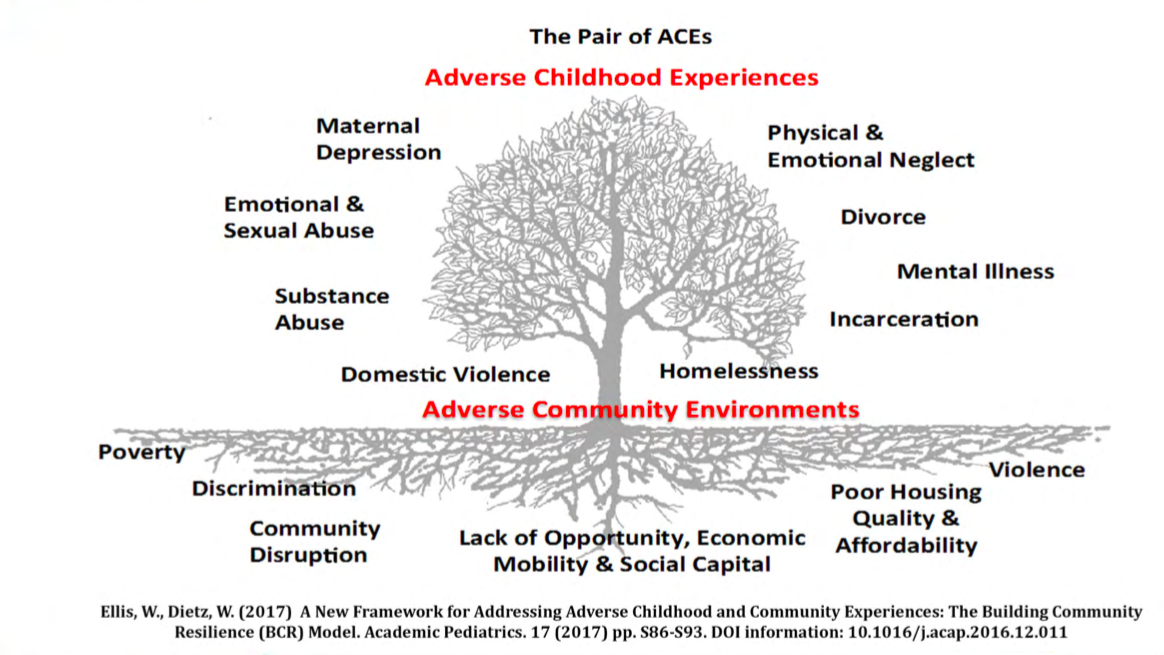 The psyches of partners are so exhausted that they gladly accept any way to be at peace (i.e., at an emotional distance). And then the couple can unconsciously fill the time spent apart with something resourceful, giving strength, restoring.
The psyches of partners are so exhausted that they gladly accept any way to be at peace (i.e., at an emotional distance). And then the couple can unconsciously fill the time spent apart with something resourceful, giving strength, restoring.
The saddest thing is that Emotional Divorce is almost always avoiding making a decision. For some reason, the couple does not decide on an official divorce with all the ensuing (sometimes healthy and good) consequences. The situation, which at first seems like a way out, is addictive and confusing. This emotional divorce is dangerous. Behind a seeming island of calm and stability, partners forget about themselves, deny themselves new healthy, constructive relationships. Partners cease to be honest with themselves, believing that they live, in general, not bad. And at one point, he or she finds himself bogged down in the swamp of a semi-relationship.
Paradoxically, children are especially affected by Emotional Divorce. Although, most often, it is for the sake of children that this event is started. Don't be under any illusions: children are hard to fool. They will see this emptiness between the parents, this lack of relationship. And they will internally understand that this is wrong, because there is no happiness in the family this way. There is a game for the public, there are people who fulfill their duty (to whom, by the way?). But there are no happy and living people. There is no parent pair actually. Although formally a couple, as if there is. And these two, who have ceased to be a couple, strongly convince everyone that they are a good family ... What is not a reason for childhood neurosis ?!
Although, most often, it is for the sake of children that this event is started. Don't be under any illusions: children are hard to fool. They will see this emptiness between the parents, this lack of relationship. And they will internally understand that this is wrong, because there is no happiness in the family this way. There is a game for the public, there are people who fulfill their duty (to whom, by the way?). But there are no happy and living people. There is no parent pair actually. Although formally a couple, as if there is. And these two, who have ceased to be a couple, strongly convince everyone that they are a good family ... What is not a reason for childhood neurosis ?!
Can Emotional Divorce be used? Undoubtedly. If this is a respite, then it makes sense to use it wisely.
As an opportunity to understand yourself. Find out for yourself: what do I want in the future? What kind of relationship?
During this respite, you can build a strategy for the future, let go of the past, and just sincerely communicate with yourself.